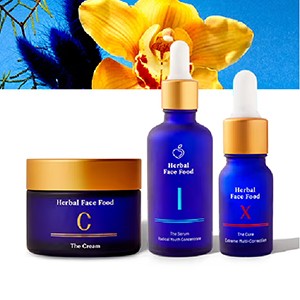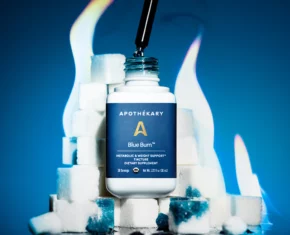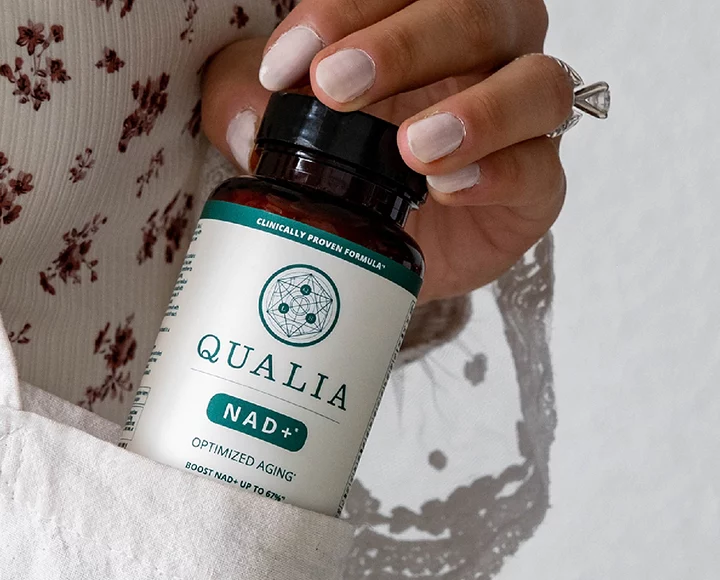There’s still a big learning curve for many of us when it comes to CBD. It has quickly become one of the most popular trends in wellness with the passage of the 2018 Farm Bill and the pace of change and growth is head-spinning. Scientists, consumers, and yes, even our federal government, are quickly discovering the benefits of hemp and CBD.
If you’re still hesitant or confused by anything CBD-related, here are the basics to get you oriented…
How To Use CBD: Just the Facts, Ma’am
+ What The Heck Is CBD? CBD (cannabidiol) is one of over 100 cannabis compounds found in industrial hemp. CBD activates the body’s endocannabinoid system which has been scientifically found to contribute to regulatory functions in the body.
+ How does CBD work? CBD and cannabinoids fit into a network of neuron receptors called the endocannabinoid system, which helps regulate many physical processes. The endocannabinoid system is a major interface between the nervous system, hormone system, and immune system, most notably the nervous system, where CBD can provide relief of pain, inflammation and produce a sense of calm.
+ Common Uses of CBD: Common uses of CBD include support of the body’s ability to deal with stress, insomnia, anxiety, irritable bowel symptoms, decreasing chronic pain, inflammation and even post-workout strains.
+ How do you take CBD? CBD is most commonly taken as an oral tincture or pill, but is also available in edible forms like gummies, and as a topical product used to deal with muscle pain and strain. Liquid tinctures can also be added to smoothies, soups and other foods.
+ Will CBD get you “high”? No, unlike THC, CBD is non-psychoactive. This means there will be no effect on your mind or mental processes. If you wish to avoid any psychoactive effect, consume only CBD products with less than 0.03% THC included in them.
CBD According To A Doctor
Dr. David Zeiger (DO, FAAP, ABOIM) is a certifying physician in Illinois’ Medical Cannabis Pilot Program and has been certifying medical marijuana to patients diagnosed with a qualifying debilitating medical condition. He is a Fellow of the American Academy of Family Practice and a past president of the American Association of Orthopedic Medicine (AAOM).
With an in-depth knowledge of CBD and its use for specific medical issues, Dr. Zeiger recommends CBD products to his patients for a variety of concerns. We asked him to help us better understand how to use the wide variety of CBD products available.
According to Dr. Zeiger, CBD is incredibly less toxic to the liver, kidneys and GI tract than many other available medications. CBD is non-habit forming and can have less of a deleterious effect on neurotransmitter imbalance than some other medications.
+ A Note On CBD Dosing: Give CBD tincture products 30-60 minutes to see how they work. Topical CBD can kick in as quickly as 5-15 minutes, whereas gummies can take about 60-120 minutes. Always take a self assessment of how your breathing, mood and muscle tension feel like after dosing. Keep a journal of the product and dosage you are using to help you make the best decisions on dosing and product usage.
CBD for Muscle Strain
Topical CBD: Try Half Day Aloe Freeze (500 mg CBD per bottle) | Topical CBD can decrease inflammation while also stimulating circulation which can aid in healing. An organic cooling lotion for instant relief, Aloe Freeze is made with CBD isolate and other therapeutic ingredients including capsicum, white camphor bark, aloe and chamomile.
CBD for Anxiety + Depression
CBD gummies or tinctures: Half Day Blissful Berry CBD Gummies (25mg per gummy) or Full Spectrum CBD oil (34mg in each 1ml dropper)
CBD can impact dopamine and serotonin levels (as seen in studies) and have an effect with neurotransmitter balance in people with anxiety and depression. To understand the proper dose of CBD for anxiety and depression specifically, it’s best to seek out out a Doctor of Integrative Medicine that understands cannabinoids and their effect on neurotransmitters and any possible medication interactions.
Many anti-anxiety medication options can be addictive while CBD is non-habit forming.
CBD for Healthy Sleep Support
CBD Tincture | Half Day Pro with Isolate 2000 mg or Full Spectrum Hemp Oil
The endocannabinoid system (ECS) helps with relaxation and balancing serotonin which can be helpful for falling asleep. Many sleep medications can be habit-forming while CBD is non-addictive and may actually have an accumulative effect on your ECS.
Opiates are often prescribed to support muscle relaxation to ease pain when there are large amounts of inflammation in the body. CBD has both an anti-inflammatory effect and helps to improve microcirculation which enables healing. To note, THC in full spectrum form can also have a synergistic effect.
CBD for Better Digestion
CBD Tincture | Half Day Full Spectrum CBD Oil 1000 mg
In the case of conditions like IBS the body is producing gas that products cramping and bloating from bacteria. IBS creates an attack on the nerves of the small and large intestine. CBD helps to modulate the neuro-inflammatory response at the small intestine and can restore bowel irregularities and decrease pain, promoting good bacteria and movement of the toxins out of the body. Again, CBD is incredibly less toxic to the liver and kidneys and GI tract vs. other medications. Always look for a Doctor of Integrative Medicine to work with you in optimizing your health with CBD.
Read Next: All Of The Moments I Needed Delta-9 Gummies This Week (There Were A Lot)
This story is brought to you in partnership with Half Day. The Chalkboard Mag and its materials are not intended to treat, diagnose, cure or prevent any disease. All material on The Chalkboard Mag is provided for educational purposes only. Always seek the advice of your physician or another qualified healthcare provider for any questions you have regarding a medical condition, and before undertaking any diet, exercise or other health-related programs.











